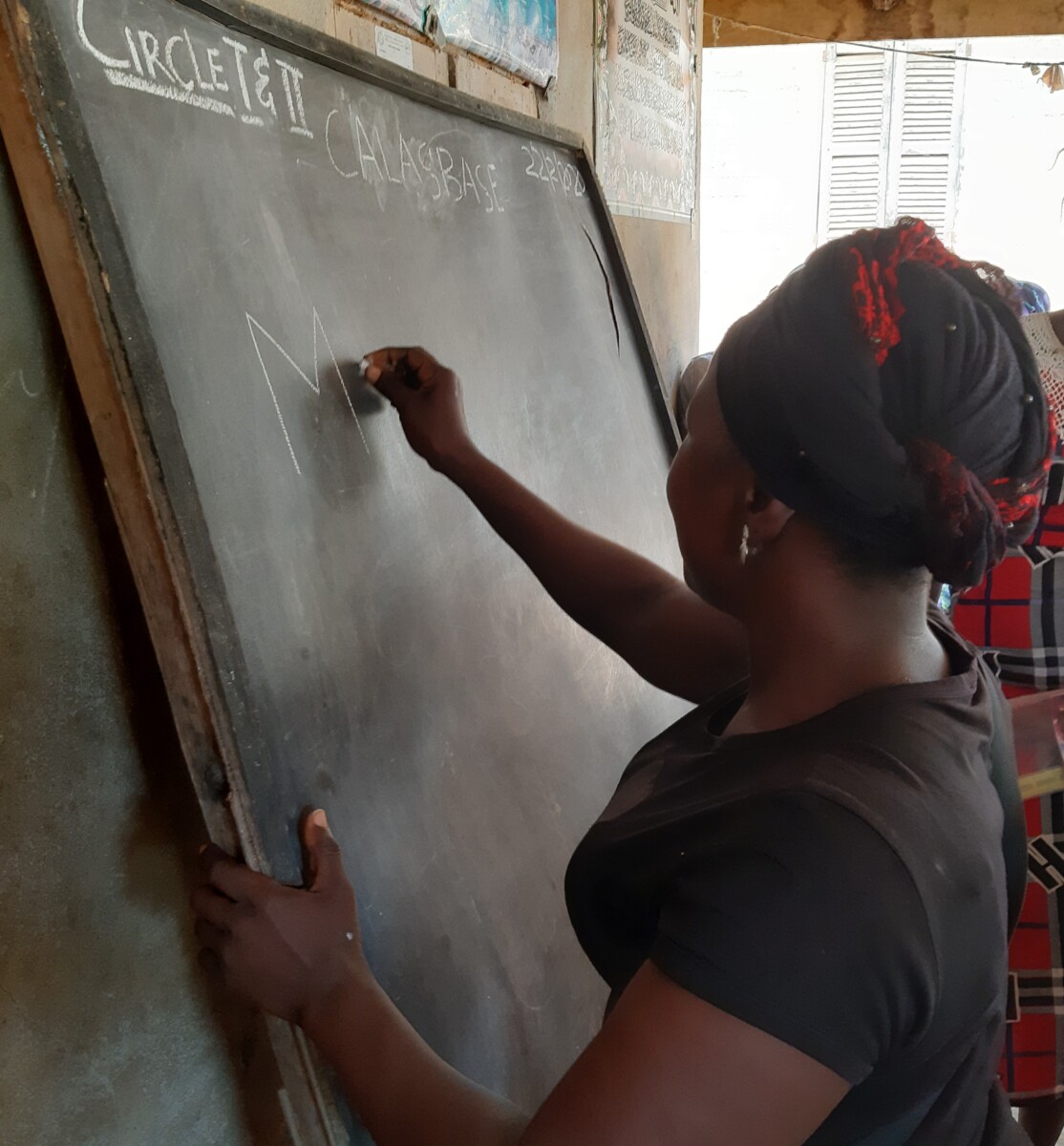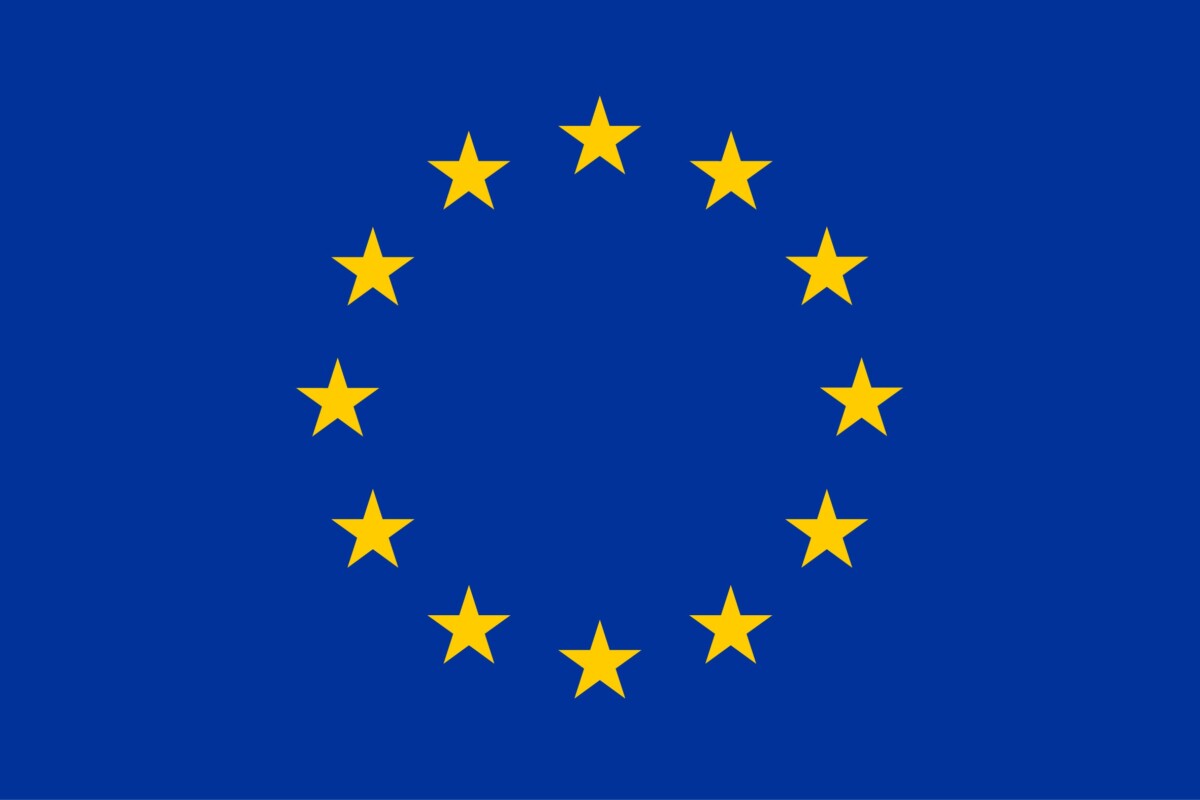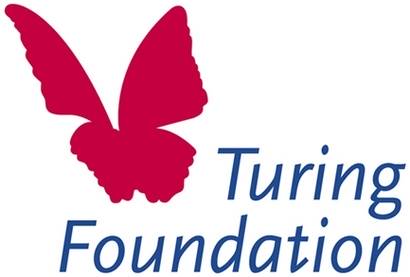
Project information
Start date: 1 September 2018
End date: 31 August 2021
Location: Kenema District, Eastern Sierra Leone
The Challenge
Women in Sierra Leone, particularly young women and girls in rural areas, are discriminated against at every level and are extremely vulnerable. Literacy rates are very low and many girls drop out of school with little or no education. This was exacerbated by the Ebola virus as women often assumed the role of carers and some young girls became mother figures as their own mothers lost their lives. Women and girls are unaware of the laws which could support them and not in a position to challenge decisions which exclude or discriminate against them. These issues are intrinsically linked with poverty.
Our project
With our partner CARD we helped over 3,500 young women and girls to access functional literacy skills so they have the ability to access information, understand their legal rights and negotiate for themselves. They were assisted in setting up small businesses of their own, in soap making, selling snacks, tailoring, trading or agriculture, raising their self-esteem, independence and status in society. Radio, drama and song was used to raise awareness of their rights and gender laws. We also worked with men to increase their understanding of women’s rights, particularly gender-based violence.
We trained and supported five local non-government organisations (NGOs) and 40 community-based organisations (CBOs) to become leaders in championing women’s rights and gender justice.

Watta’s story
Watta is 23 years old and she has a disability which affects the use of her left hand. Watta has never attended school, so without basic literacy and numeracy skills it was difficult for her to do business. Instead she used to spend her days doing household chores for her aunt and faced discrimination in the community, as people often called her names.
When Watta first heard about our project, she was eager to sign up. She registered for an apprenticeship with the local tailor and has already developed skills to make dresses and shirts independently. This has become a full-time business venture for Watta, and she is now earning at least 50,000 Leones per week. Watta has also taken part in our functional literacy classes, so she can now read and write, take measurements and do simple calculations.
Watta says that these opportunities to develop new skills have transformed her life completely and restored her dignity.
“I can now stand in public and express myself without becoming shy. My neighbours have changed their perception of me. My family members now invite me to take part in meetings and participate in major decisions on family matters”.



